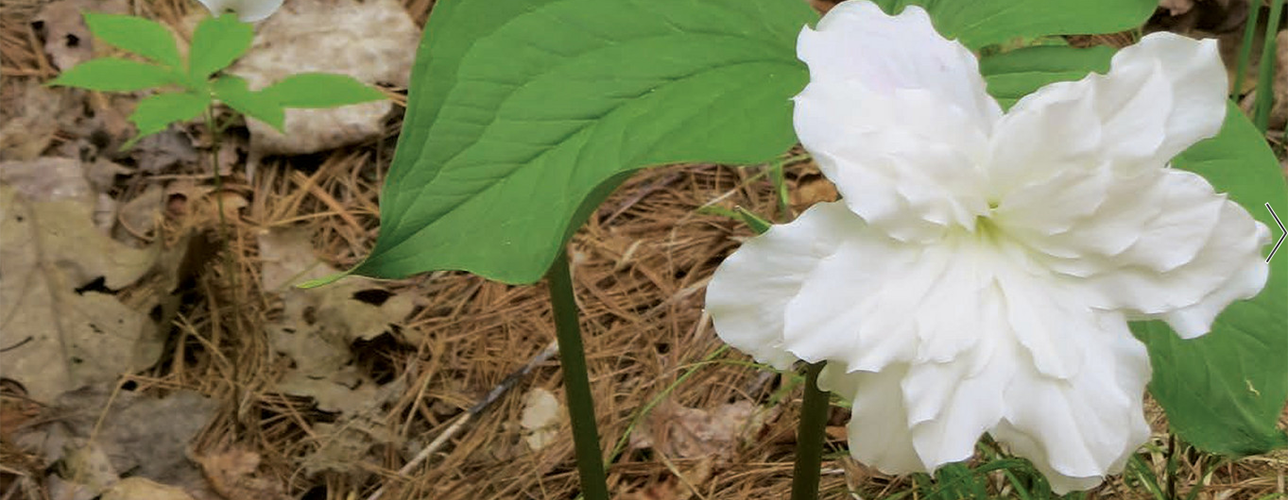Re: “Woodland Wonders” [Spring 2020]
I really enjoyed the latest issue.
A lovely article for sure. Brian Carson seems like a gentle giant and very interesting fellow. On one hand I appreciate the work he is doing – trying to “save” rare species of Trillium. On the other, I’m concerned about his separating and hand pollinating colour variants of Trillium erectum for seed strains. I’ve worked for and with a number of Native Plant Societies that work diligently on their annual plant sales of native species. One of the great concerns is our manipulating the genetic makeup of species from different areas locally. For example, we would not allow the collection or propagation of seeds from Syracuse in Ithaca. Our botanists make sure that any plants sold are grown locally and planted locally…and that species (including Trillium, a popular plant indeed) are never harvested from the woods or otherwise damaged or cross-bred with other clusters.
I would have liked more on the responsibility of respecting the habitats and never collecting these plants for yourself to plant in your garden. Perhaps give people a link to a native plant sale or two. The way this story is written is cute, but it isn’t very responsible. I can already see people going out and looking for these species, only to pick them for themselves an remove them from their habitat…or outright kill them due to a lack of experience with transplanting plants that were not developed in greenhouses by horticulturalists. There is also a connection to destruction of habitat leading to the destruction of the flower of Ontario. I’d love to see more on that connection. We saved the Bald Eagle in the US thanks to its symbolic status. The Trillium should be no different and both politicians and environmentalists alike should use that to help protect its habitat.
As for random people propagating and collecting this plant, the Trillium isn’t going to act as an invasive… but on the other hand, many people do just this… bring plants from different places that they love but know little about… and they become some of our most annoying or dangerous invasive species. Either way, its genetic material crossing may inadvertently develop a weakness in the species through our manipulation.
– Torben Russo, Waterloo


No Comments Yet